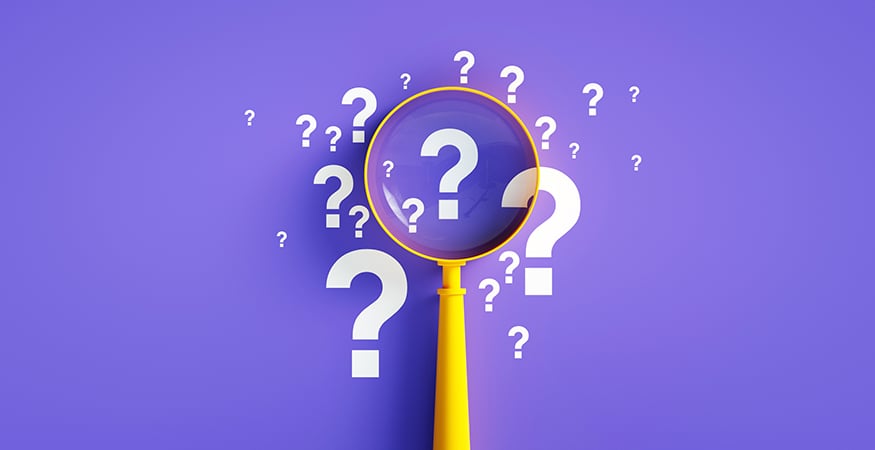In the healthcare industry, speed, efficiency and accuracy are critical elements for providing the best care for patients. Physicians, nurses and various support staff need access to vast amounts of data and information at their fingertips. Patient information, medications, electronic medical records (EMR), physician notes and lab results are just a fraction of the examples. Taking time to search for patient information — or worse, not knowing it exists — could lead to errors and have devastating consequences.
Administrative departments also play a role in patient care by managing personal information, billing, ensuring compliance and tracking healthcare insurance. Others need to replenish medical supplies, order equipment, manage delivery and distribution and a host of other needs.
Some reports suggest that hospital errors cost approximately $20 billion and, worse, result in about 100,000 deaths each year. Experts believe that better systems need to be put in place to make hospitals safer and to help prevent medical errors. Some examples include surgical, diagnostic, medication, devices and equipment, systems failures, infections, falls and healthcare technology.
An Enterprise Content Management (ECM) system can minimize error-prone paperwork and integrate various departments to help mitigate such risks by capturing vast amounts of data. It can integrate with an existing EMR or enterprise resource planning system (ERP) to store the data in a central repository and make it accessible to those who need it.
What is ECM Healthcare Software?
ECM stands for Enterprise Content Management. It is a software solution that manages, stores and organizes an organization’s documents in a central repository in real time. ECM allows healthcare professionals to streamline processes, quickly access information and make day-to-day operations more efficient and accurate.
Here’s how ECM can improve the following areas in the healthcare industry.
1. Medical Record Transparency
The diagnosis, treatment and ongoing care of patients require dozens of medical professionals working together. Nurses, physicians, surgeons and specialists obviously need to stay in constant communication, but others within healthcare facilities play significant roles in patient care as well.
Food service needs to be aware of dietary restrictions, the pharmacist requires information to properly dispense medication, lab technicians need to keep hundreds of results organized, and the list goes on. When the patient is discharged, even more people need access for follow-up care, billing, insurance and more. In fact, it’s estimated that about 150 different users may need access to a single patient’s medical records.
Clear communication and transparency across all channels help everyone fully understand a patient’s medical condition, treat it appropriately and bill accordingly. An ECM solution can make the information quickly and easily accessible to those who need it.
2. Patient Confidentiality
The vast majority of healthcare facilities have shifted away from paper documents to electronic records. This has certainly created efficiencies and helped to minimize errors by making patient information available through web-based platforms. However, it also can potentially expose patient data to hackers and subsequent security breaches.
News of security breaches has become a perennial headline in recent years, emphasizing the importance of patient confidentiality. In combination with robust security policies, an effective ECM can help to mitigate the risks of cyberattacks and proactively combat emerging threats.
3. Operational Efficiencies
Patient care is enhanced when healthcare professionals can access a patient’s entire medical journey, including past appointments, emergency room visits, previous prescriptions and other information. Likewise, when referrals to or from other healthcare providers are needed, pertinent medical information can be easily and securely shared digitally rather than relying on faxes and paper copies.
The comprehensive data within an ECM can prove beneficial to researchers and provide a repository where they can keep their documentation. Billing and coding of services can also be integrated, as well as records of correspondence or customer service calls, allowing for a holistic view into a patient’s history.
4. Compliance Reporting
Various security and privacy regulations from HIPAA and other agencies require multiple reports and accurate record keeping. Compiling these reports can be a time-consuming and burdensome task if it requires tracking down paperwork or organizing data from various systems. An ECM can create built-in audit trails and retrieve relevant documents in a fraction of the time from a central repository. Patient records that still remain on hard copies can be scanned and entered into the ECM to provide a full-scope view and ensure compliance.
For a healthcare facility, ECM can serve as a critical tool in upholding its mission of improving the health of those they serve while not compromising the security of sensitive personal information. Contact the experts at Gordon Flesch Company for a free consultation and to learn how ECM can improve efficiencies and patient care.










